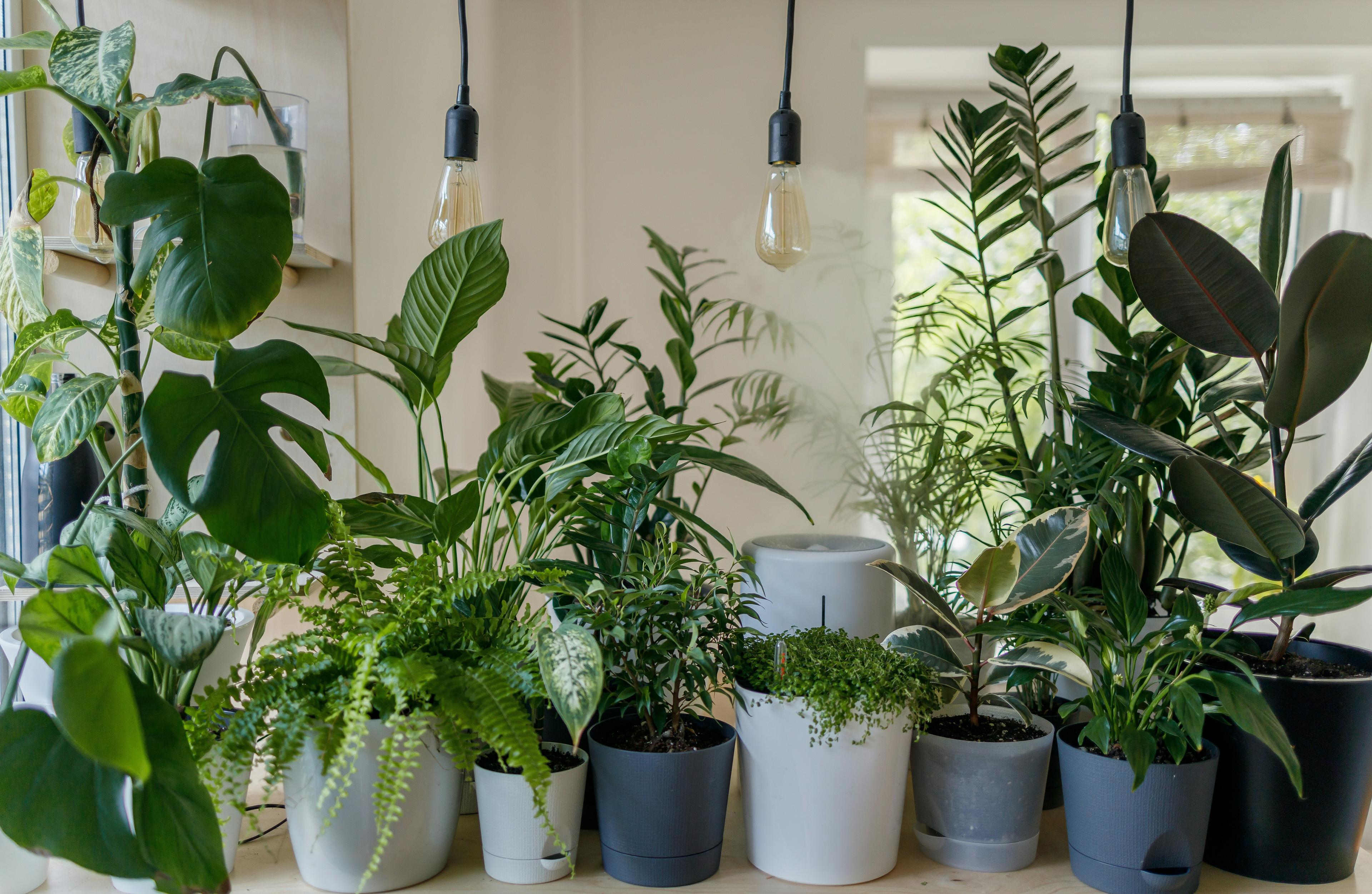Lambda in Cpp

We have previously looked at Functors and Function Pointers, next is Lambdas
A lambda expression in C++ is a way to define an anonymous function right at the place where it is needed
Think of lambdas as a shorthand for writing a functor without needing to define a struct or class.
Basic Structure
A lambda expression looks like this:
[ /* capture list */ ]( /* parameters */ ) -> /* return type */ {
// function body
}
- Capture List: Specifies which variables from the outside scope you want to use inside the lambda. You can capture by value (copying the value) or by reference.
- Parameters: Just like function parameters, these are the inputs to your lambda.
- Return Type: This is optional. Most of the time, the compiler can deduce the return type based on the code inside your lambda.
- Function Body: The code that gets executed when the lambda is called.
From the previous post with functors we can have a custom sort like this:
struct DescendingOrder {
bool operator()(int a, int b) {
return a > b;
}
};
std::vector<int> myVector = {1, 5, 3, 4, 2};
std::sort(myVector.begin(), myVector.end(), DescendingOrder());
Now, let's use a lambda to do the same thing more concisely:
std::vector<int> myVector = {4, 1, 3, 5, 2};
std::sort(myVector.begin(), myVector.end(), [](int a, int b) {
return a > b;
});
Here, [](int a, int b) { return a > b; } is the lambda expression. It's a compact, anonymous function that we pass directly to std::sort
Breaking Down the Lambda
[]: This is the capture list. Since we're not using any external variables inside the lambda, it's empty.
(int a, int b): These are parameters, just like in any function. Our lambda takes two integers to compare.
{ return a > b; }: This is the function body. It performs the comparison.
Capture List in Detail
The capture list controls how the lambda can access variables from its surrounding scope:
- [=]: Capture all external variables by value.
- [&]: Capture all external variables by reference.
- [x]: Capture variable x by value.
- [&x]: Capture variable x by reference.
- [=, &x]: Capture most variables by value, but capture x by reference.
Why Use Lambdas?
Lambdas are handy for short, one-off functions, especially when using algorithms that expect function objects or when you need a quick callback. They keep your code concise and readable by keeping the logic right where it's used, avoiding the need to jump around the codebase to understand what's happening.
okay I know you might be wondering, when do I use function pointers, functors and when do I use Lambdas ??
My guidelines for choosing
- For simple, stateless calls where performance is critical, and the function will not change, a function pointer might be appropriate.
- When maintaining state or when the operation is complex enough to warrant its named type, consider a functor.
- For inline, possibly stateful operations that are concise and local to where they are used, lambdas are often the best choice.'